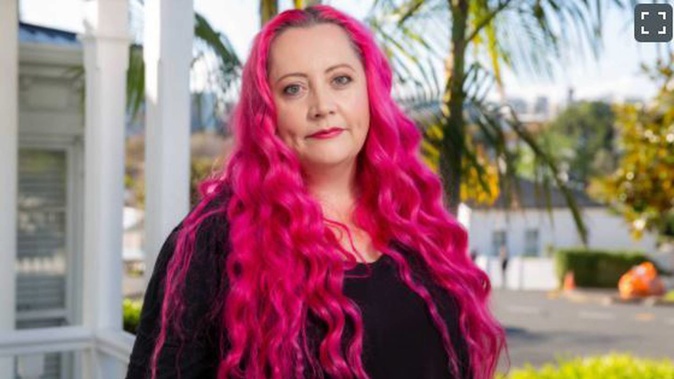
New Zealand's epidemiologists say the Government's "vigorous and rapid response" to the latest community outbreak is the "winning formula".
Prime Minister Jacinda Ardern announced a rise in alert levels to Auckland, up to level 3, and the rest of the country to level 2 after the revelation of three new community cases in South Auckland this afternoon.
The outbreak is confined to one family; the woman works in the laundry at LSG Sky Chefs in Māngere, her husband works in the building industry and their daughter attends Papatoetoe High School, which will be closed tomorrow and Tuesday.
Two members of the family went to Pak'nSave Manukau on Friday, February 12 and they also visited various locations in New Plymouth on Waitangi Weekend.
Epidemiologist Professor Michael Baker told the Herald yesterday that pinning down the source of the outbreak was key to preventing another stricter level 4 lockdown.
While Ardern couldn't confirm the strain and instead announced a level 3 alert, Baker praised that action stating he "really supports the measures".
"This is absolutely the right thing to do at the moment and I can't really improve on the words of our leaders here that this vigorous, rapid response is absolutely the way to go. It's the winning formula."
Baker said a short dose of level 3 should prove far less disruptive in the long-term.
"It's an interim approach. If the evidence shows that this outbreak is small and very well contained we could look at a swift change, but if the outbreak is more extensive like the Auckland August outbreak, which extended to 170 cases and three deaths, it's a different scenario.
"And this is a more infectious variant probably... there's a higher chance that it will be but this gives us time to gather evidence and extend these control measures or not."
Associate Professor Siouxsie Wiles, University of Auckland, also agreed with the Government's move.
"Acting with an abundance of caution is a good idea until we have information about what variant it is, this is just the way that you put a stop on the transmission chain while gathering more information so hopefully the three days is all we'll need."
When asked if she thought it could be the more contagious variant which was running rampant around the world at the moment, Wiles said it was well known they were out there so a cautious approach was "the right call to make".
"We know those more contagious variants are growing overseas and it's likely that we'll see more of that coming in and I think that given we know they exist and they're taking off, treating all of them as though they are those more infectious variants is the right call to make."
Yesterday, Baker said there was cause for concern as it was yet unclear where the source of the outbreak stemmed from.
Baker said it was likely the family were contagious when they were in New Plymouth as the incubation period alone was "typically five or six days".
"Then people are infectious a couple of days before that so it's possible that she was quite infectious a week ago but this will all start to come out with time.
"The thing that concerns is not so much the contacts of these cases it's much more about where they got infected from because that's the difference between a very manageable border failure case and the much tougher community outbreak like the August one in Auckland.
Asked if he was slightly concerned about the latest community cases, Baker responded, "oh yeah, definitely".
"It would be on many people's minds, there is a spectrum and this definitely includes the more worrying possibility of community outbreak where we don't really know the extent of it.
"It would be much easier if she was a frontline border worker and had regular contact with returning travellers then you'd feel there was quite a plausible mode of transmission into that household."
Wiles also said the new outbreak was in a strange zone as there was no clear link to a border or MIQ worker.
However, there was also the possibility that she knew someone who was and had contact with them while infectious.
It was also a positive that all three cases were in the same family and not in the community.
"There is a potential link to the border through the mother's workplace so that is another positive but... because it is not a direct [border] link, it's a little sort of more of a stretch I guess so there are other potential ways that the family could have got infected. So that could be positive, could be negative."
Take your Radio, Podcasts and Music with you









